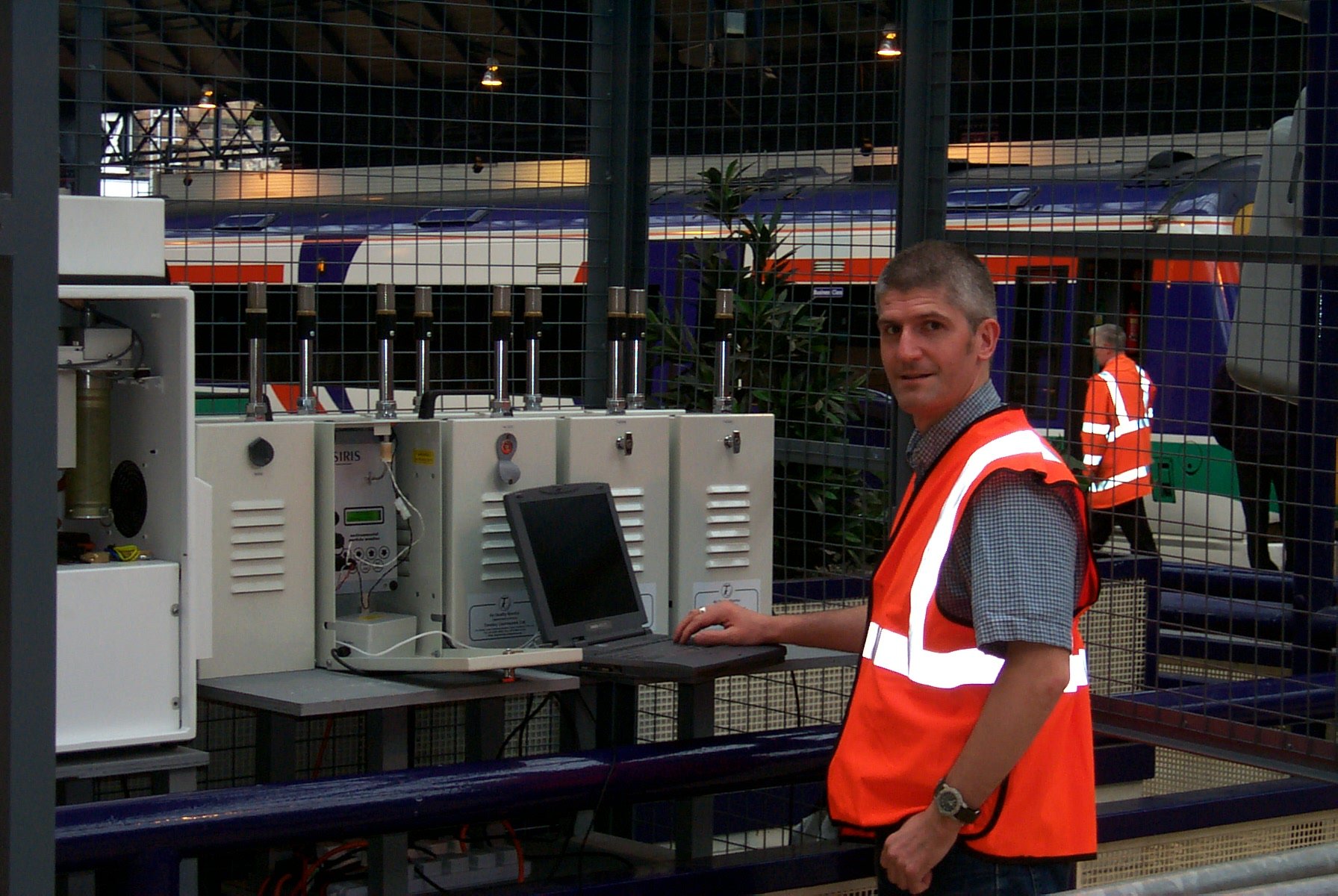How do you describe your job when you meet people at a party?
Environmental Health Chemist
What is ‘cutting-edge’ about your work?
I’m using the latest state-of the-art liquid chromatography, gas chromatography and inductively coupled plasma analytical instruments coupled to mass spectrometer detectors, aerosol mass spectrometers, and collaborating with researchers making measurements of air pollution from space and from ground based lasers (lidar)
What are the biggest implications your work will/could have in the future?
Providing new data that will help the Canadian Government make informed decisions in their review of the current Canadian residential indoor air quality guidelines. My research informs Government policy on many different levels. I am a member of the Nova Scotia Provincial Government Steering committee on the new Canadian Air Quality Health Index which involves public out reach and education. I feel this is a very worthwhile and satisfying role where I help to inform and educate the public on how to better protect their health from indoor and outdoor air pollution. Other aspects of my research include accurately assessing the contribution of forest fires in North America to the total aerosol in the air as it moves across Nova Scotia. Other aspects of my research could help to discover new chemical markers for air pollution source fingerprinting using new advanced liquid chromatography mass spectrometry techniques
Describe some of the highlights of your average day.
Taking to my students, staff and fellow collaborators about our research activity. Reading about a new advance in our field of science
Describe briefly how your career has progressed to date.
I made slow steady progress in my last place of work (University of Strathclyde, Glasgow, UK) finally gaining an academic position in 2003. I then left for Canada to accompanying my fiancée and to make a new start. Since arriving without a job in January 2006 I have carved out a niche with the Atlantic RURAL Centre based at Dalhousie University. My research collaborators include Health Canada, Environment Canada, Nova Scotia Environment and many NGO’s and stake holders. I am soon be a Lecturer in Environmental Health Chemistry in the Department of Community Health and Epidemiology in the Medical Faculty at Dalhousie. This position was created for me. This was a result of me being instrumental in bringing $4.23M to the University. Since arriving in Canada in January 2006 I have secured over $5M in research funding from Health Canada, Environment Canada and the Canadian Foundation for Innovation (CFI). I have created 13 new jobs and helped to create the first Environmental health Laboratory in Atlantic Canada, which I also manage. I have industrial partnerships with ThermoFisher Scientific and Perkin-Elmer instruments
How is your job cross-disciplinary?
Atmospheric Science group in the Physics Department, the Department of Chemistry and the Civil Engineering Department at Dalhousie. I also work with social scientists investigating the social consequences of exposure to environmental pollution on communities and while in the work place. My research is truly cross-disciplinary!
How well is your job compensated? What is the starting salary for your field, and how much can this be expected to rise?
Starting salary is somewhere in the region of £27,000. It is reasonably well paid with potential to earn extra through research contracts and consultancy. This can rise to £50,000 in more senior lecturing positions or far greater in Government positions. Senior Evaluator positions in Environmental Health type roles in Canadian Government are ~ £80,000 equivalent
How do you see your field developing over the next 5-10 years?
What’s the most unexpected thing about your job?
Equipment failure and the weather preventing us from conducting field work. Canada has some pretty impressive snow storms!
What’s the biggest achievement of your career so far?
Securing the $4.23M CFI research grant

